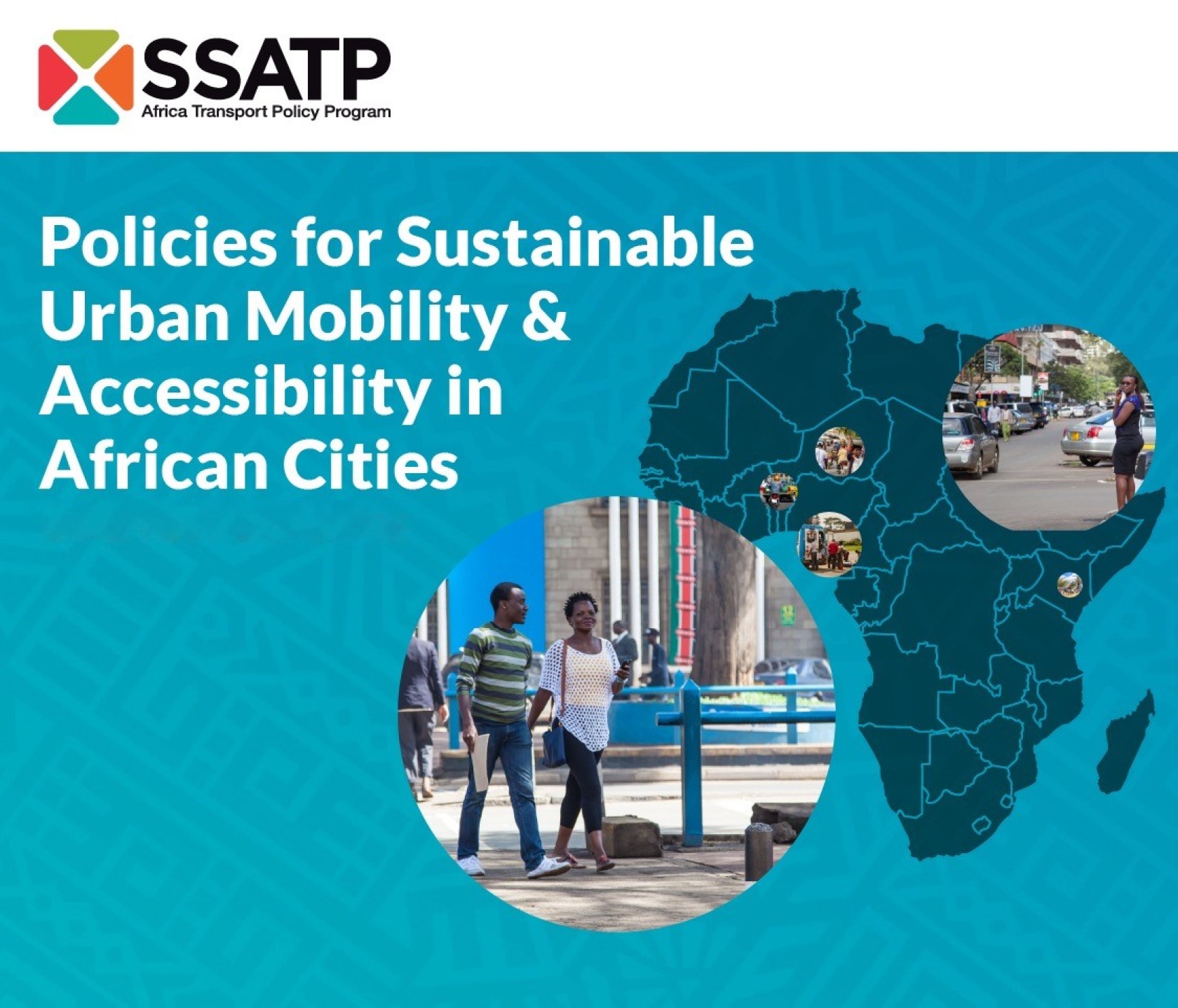Publication d'études sur les politiques nationales de mobilité urbaine en Afrique réalisées pour le SSATP
Le SSATP vient de publier les rapports produits par Transitec sur les politiques nationales de mobilité urbaine dans douze pays africains en 2018 et 2019. Mené en partenariat avec ODA, Nodalis et Eco-Access, ce travail a permis d'accompagner les ministères des transports des pays concernés dans une analyse des politiques menées en matière de mobilité urbaine, et d'émettre des recommandations pour permettre la mise en œuvre de politiques de mobilité urbaine soutenable.
Le SSATP a mis en
ligne les rapports de politique et de diagnostic réalisés par Transitec et ses partenaires - ODA, Nodalis et Eco-Access - dans le cadre de projets menées en 2018, dans huit pays (Côte d'Ivoire, Éthiopie, Ghana, Guinée, Kenya, Nigeria, Rwanda et Sénégal); puis en 2019, dans quatre pays (Bénin, Burkina Faso, Mali et Togo).
L'objectif de ce programme consistait à favoriser l'émergence d'une vision politique pour la mobilité urbaine, d'insuffler un changement dans la manière de penser l'accessibilité et la mobilité, et d'aiguiller les décideurs vers la mise en œuvre de réformes qui contribuent efficacement à l'amélioration des transports urbains et de la mobilité dans les villes africaines.
Ces activités avaient pour but de mettre en œuvre les lignes directrices du cadre conceptuel du SSATP issu d'un travail réalisé précédemment par Transitec. Le rapport intitulé "Politiques de mobilité et d’accessibilité durables dans les villes africaines" publié en novembre 2016 avait ainsi proposé le "cadre conceptuel EASI" qui comprend un ensemble d'actions politiques spécifiques regroupées en quatre domaines d'intervention de transport durable de Permettre, Eviter, Reporter et Améliorer (Enable, Avoid, Shift, Improve en Anglais).
Pour chaque pays, un diagnostic a établi au regard de la situation de la ville capitale et d'une ville secondaire. Il a donné lieu à la formulation de recommandations qui ont été enrichies au cours de Forums
Nationaux de la Mobilité Urbaine qui rassemblaient chaque fois entre 50 et 100 personnes. Pour les activités menées eu 2019, une stratégie nationale de la mobilité urbaine a également été rédigée pour donner un cadre opérationnel à ces recommandations.
Contact

Lausanne
Avenue Auguste-Tissot 4
1006 Lausanne
Suisse
+41 21 652 55 55
